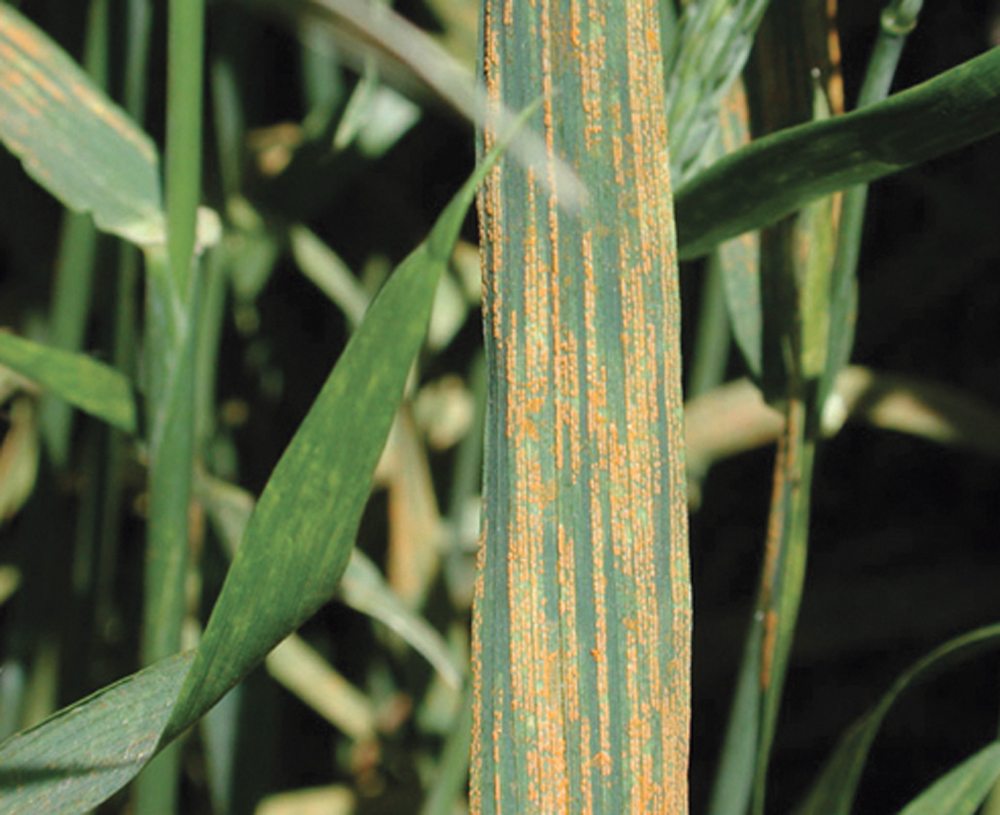Floods inundating parts of Australia. Blizzards shutting down the eastern United States. Mudslides killing hundreds of people in Brazil.
All three events in the last few weeks have one thing in common. They’re a sign the earth is reacting after centuries of human abuse, an international flood control conference heard last week.
“This is telling us something,” Thomas Fisher told the Red River Basin Commission annual conference in a keynote address. “We can’t keep doing what we’re doing.”
Read Also

Mazergroup’s Bob Mazer dies
Mazergroup’s Bob Mazer, who helped grow his family’s company into a string of farm equipment dealerships and the main dealer for New Holland machinery in Saskatchewan and Manitoba, died July 6 from cancer.
The message from Fisher, dean of design at the University of Minnesota, resonated with 340 delegates already sobered by news of a possible record flood in the Red River Valley this spring.
The spike in natural disasters over the last 100 years could signal a coming collapse in the world’s ecosystem, warned Fisher, a trained architect and the author of books on alternative design.
He said the earth has undergone five great species extinctions in its history. Now a sixth is underway and it’s unique. It’s one resulting from the behaviour of a single species: humans.
That behaviour stems from the way humans view the planet as something to be exploited, Fisher said.
The current rate of exploitation is unsustainable, he told delegates, saying humans are consuming the world’s resources at 1.4 times the rate the earth needs to stay in equilibrium.
But people don’t see what they’re doing, he said.
Fisher compared the planet’s situation to Ponzi schemes which collapse when they “run out of suckers.” But “the bigger they are, the harder they are to see” because acknowledging the problem is too overwhelming.
Meanwhile, species go extinct, world population soars and natural disasters increase in frequency and intensity as global temperatures rise, he said.
Fisher’s doomsday scenario about a failing ecosystem calls for a radical change in the way humans see the earth on which they live.
“We have to design systems with the unimaginable in mind,” he said. “The effect we’re having on the climate is too dramatic and changing too rapidly.”
Fisher’s answer is to design resilient communities which can adjust to misfortunes and recover from them.
Later, Fisher said his analysis also applies to flooding in the Red River basin, which the convention delegates grappled with over the three days.
A lot of flooding in the region occurs because people developed agricultural practices that drained water instead of retaining it, he said.
“We’re still living with the legacy of these large-scale systems that were built over the last several decades.”
But it’s not too late to turn back the clock, Fisher added. He envisioned returning to a landscape the way it once was, with interconnected wetlands and agricultural practices that retain water resources on farms. [email protected]
———
“Wecan’tkeepdoing whatwe’redoing.”
– THOMAS FISHER, UNIVERSITY OF MINNESOTA


















